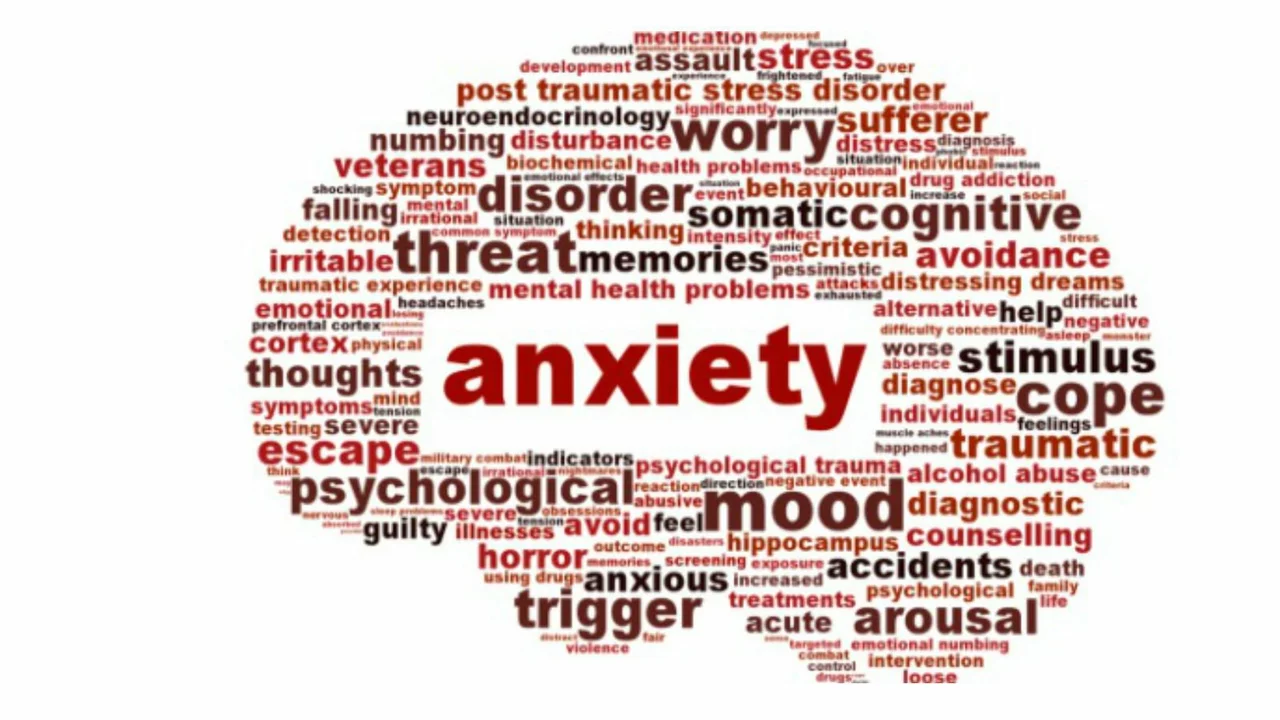Mental Health: What You Need to Know to Feel Better Every Day
Mental health is not just about serious conditions or therapy visits—it's about how we handle stress, mood swings, and daily ups and downs. You’ve probably faced times when anxiety or low moods made life tougher, right? Here’s some straight talk on what mental health means and simple ways to support yours without getting overwhelmed.
Understanding Mental Health Basics
Mental health involves your emotional, psychological, and social well-being. It affects how you think, feel, and act, impacting decisions, relationships, and coping with stress. Issues like depression and anxiety are common but often misunderstood. For example, depression isn’t just feeling sad; it’s a prolonged state that affects how you function daily.
Recognizing symptoms early helps a lot. If you notice persistent tiredness, lack of interest in things you used to enjoy, or constant worrying, these could be signs to seek advice. Don't ignore these feelings—they are signals your mind needs attention, just like your body when you’re sick.
Practical Ways to Boost Your Mental Wellbeing Today
Small changes in your daily routine can make a big difference. First, make sleep a priority—aim for a solid 7 to 9 hours. Poor sleep often worsens mood and anxiety. Next, try to get moving. Exercise releases chemicals in your brain that lift your spirits. It doesn’t mean hitting the gym hard; even a 20-minute walk counts.
Talking matters. Sharing your feelings with a friend or family member can lighten your mental load. If that’s tough, writing down your thoughts works too. Also, don’t shy away from professional help when needed. Medications like Zoloft and therapy can work wonders when used properly. UpGuys Pharmaceuticals provides trustworthy info on these treatments to help you decide what’s right for you.
And remember, mental health isn’t a one-time fix but a daily practice. Quick breathing exercises, limiting screen time, and practicing gratitude can ground you when stress kicks in. Celebrate small wins and be patient with yourself.
You don’t have to face mental health challenges alone or feel like it’s a weak spot. Lots of people are working through the same struggles, and support is available. The goal is not perfection but progress and feeling good about your journey. Let’s keep talking openly and using solid info to take care of our minds, just like we do our bodies.



